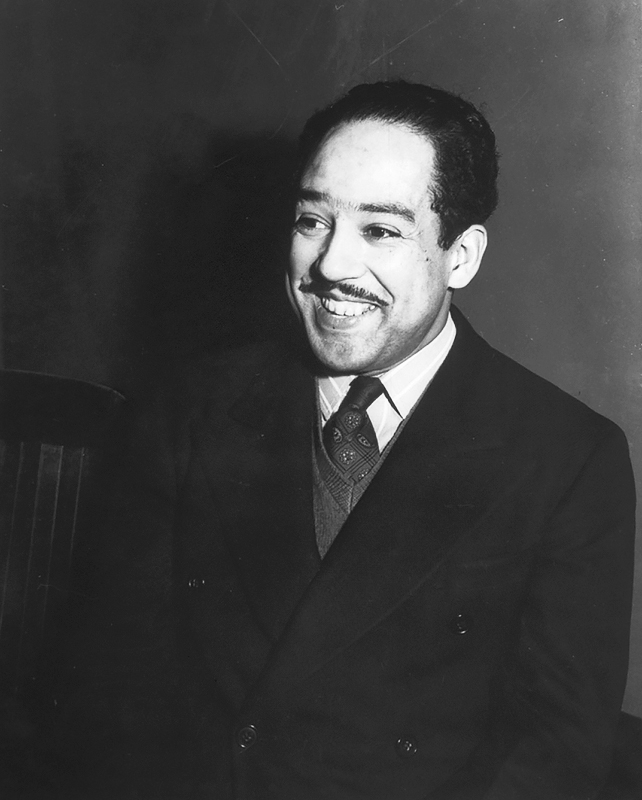Hughes, Langston (1901?-1967), was an African American author best known for his poetry. Hughes experimented with the poetic meter (rhythm) by using the rhythm of jazz and blues music in his verses.

Hughes was an important figure in the Harlem Renaissance, a period of creativity among Black artists in the 1920’s and 1930’s. His first volume, The Weary Blues (1926), introduced his poetic style of short, rhythmic lines with a musical quality. Hughes’s writings addressed racial pride, Black culture, political consciousness, and working-class urban life. One of Hughes’s most popular works was a series of fictional sketches about a Black man called Jesse B. Semple, also known as “Simple.” This character was a “simple” or average workingman who expressed his opinions about life, race, and current events. Beginning in the 1940’s, Hughes wrote sketches, books, and plays about Simple for 20 years.
Hughes wrote or edited more than 50 books. Examples include the novel Not Without Laughter (1930); the short-story collection The Ways of White Folks (1934); the hit Broadway play Mulatto (1935); and two autobiographies, The Big Sea (1940) and I Wonder As I Wander (1956). The Collected Poems of Langston Hughes was published in 1994, after his death.
James Langston Hughes was born in Joplin, Missouri. His birthdate was long thought to be Feb. 1, 1902, but historians have found evidence that he was probably born in 1901. He graduated from Lincoln University in Pennsylvania. Hughes was awarded the Spingarn Medal in 1960 for his achievement in literature. He died on May 22, 1967.
